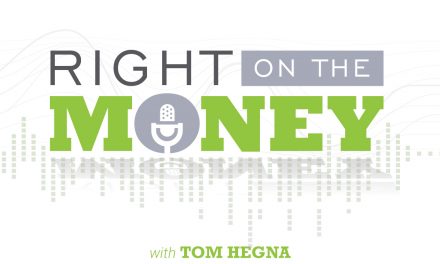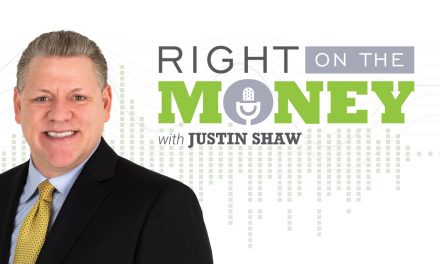It Can Be Difficult to Understand Service Connected and Non-Service-Connected Benefits
There are significant benefits for those who have served in the military. Most veterans have little to no knowledge of these government entitlements. The bureaucracy can be overwhelming to engage with, leaving many veterans to simply give up on accessing the system. Watch the interview with elder law attorney, veterans’ benefit specialist and former president of U.S. Senior Vets, Richard Schulze, MBA.
There are two classes of “disability” benefits for veterans and their survivors: compensation for service-connected disability or death and pension for non-service-connected disability or death.
The Service Connected Disability program is for veterans who suffered injury or death as a direct result of their active duty military service. The compensation amount depends upon the percent of total disability determined by the Veterans Administration.
The idea of “compensation” is based on the belief the disability prevents a person, to some degree, from earning a typical market wage. For example, if a veteran is 40 percent disabled due to a service connected injury, the compensation pays a theoretical 40 percent of that veteran’s inability to earn a competitive wage.
The Non-Service Connected Disability Pension program provides a pension, rather than direct compensation, that is based on retirement or inability to work. Non-service-connected disabilities are medical conditions that have no relation to active duty military service. This pension program is income-based. A potential applicant can very easily earn too much through Social Security, other retirement benefits, or even investment income to qualify.
A key component of this Non-Service Connected Disability Pension is termed “Aid & Attendance.” Regular Aid & Attendance is a provision for reimbursement of certain qualified, otherwise un-reimbursed medical expenses, usually involving long-term care in assisted living communities, in-home care, and in some instances independent living communities.
These amounts are the maximum awards. Although the majority of our clients receive the maximum benefit, eligibility depends upon financial qualification. Any type of current disability benefits being paid from the VA (including Death Indemnity Compensation for surviving spouses) are not added to these amounts.
Richard Schulze contributed content to this press release.
Syndicated financial columnist Steve Savant interviews eldercare attorney, veteran benefit specialist Richard Schulze, MBA. Right on the Money Show is an hour long financial talk distributed to 280 media outlets, social media networks and financial industry portals.




